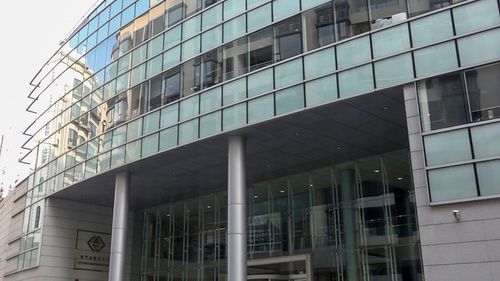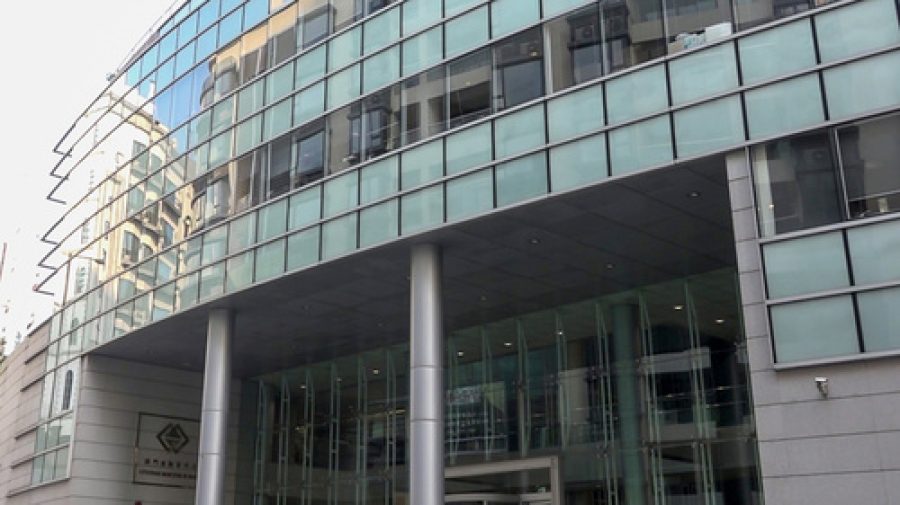US credit rating agency Moody’s Investors Service affirmed on Wednesday Macau’s local and foreign currency issuer rating at Aa3 and maintained the special administrative region’s “stable outlook”.
The Aa3 rating indicates that an obligor has a very strong capacity to meet its financial commitments.
According to a statement by the New York City-based agency, there are three key drivers of the rating affirmation: “Large and growing fiscal and external buffers will continue to provide Macau significant capacity to counter future shocks; further progress on diversification toward non-gaming activities will, over time, support less volatile GDP growth; Macau will remain susceptible to potential and economic policy measures from [mainland] China that pose risks to its gaming and tourism sectors.”
The statement underlines that “the decision to maintain the stable outlook reflects balanced credit risks”.
However, the statement warns that “on the downside, [economic] diversification could prove less effective leaving Macau exposed to shocks, particularly those related to economic, financial and policy developments on the [Chinese] mainland.”
Moody’s says that the rationale for the rating affirmation at Aa3 was that Macau’s “large and growing fiscal and external buffers provide significant room to counter shocks.”
The agency predicts that “Macau’s persistent fiscal surpluses will continue to support the accumulation of large fiscal reserves, particularly in the absence of government debt.”
Moody’s underlines that Macau’s fiscal reserve capital amounted to 566 billion patacas as of the end of the first quarter of this year, “equal to about seven years’ worth of public expenditure for 2018, or about 130 percent of 2018 GDP.”
The agency stresses that “even through the economic downturn from 2014-2016, driven by a sharp decline in the gaming sector, Macau’s fiscal and foreign reserves increased.”
Moody’s forecasts that Macau’s external finances “will also strengthen as persistently strong current account surpluses support the build-up of reserves.”
The agency predicts that the current account surplus will remain above 30 percent of GDP in 2019 and 2020, “supported by increasing tourist arrivals and gaming revenues.”
The agency also forecasts that “new hotel and casino developments in the pipeline will bolster foreign direct investment inflows…,” adding that it “expects foreign exchange reserves will remain around 35 percent of GDP in the next two years”.
According to the statement, “progress on the government’s diversification policies, including the ongoing shift toward nongaming tourism and mass-market gaming from high-end VIP gaming, are starting to bear fruit and will, over time, ensure less volatile GDP growth.”






